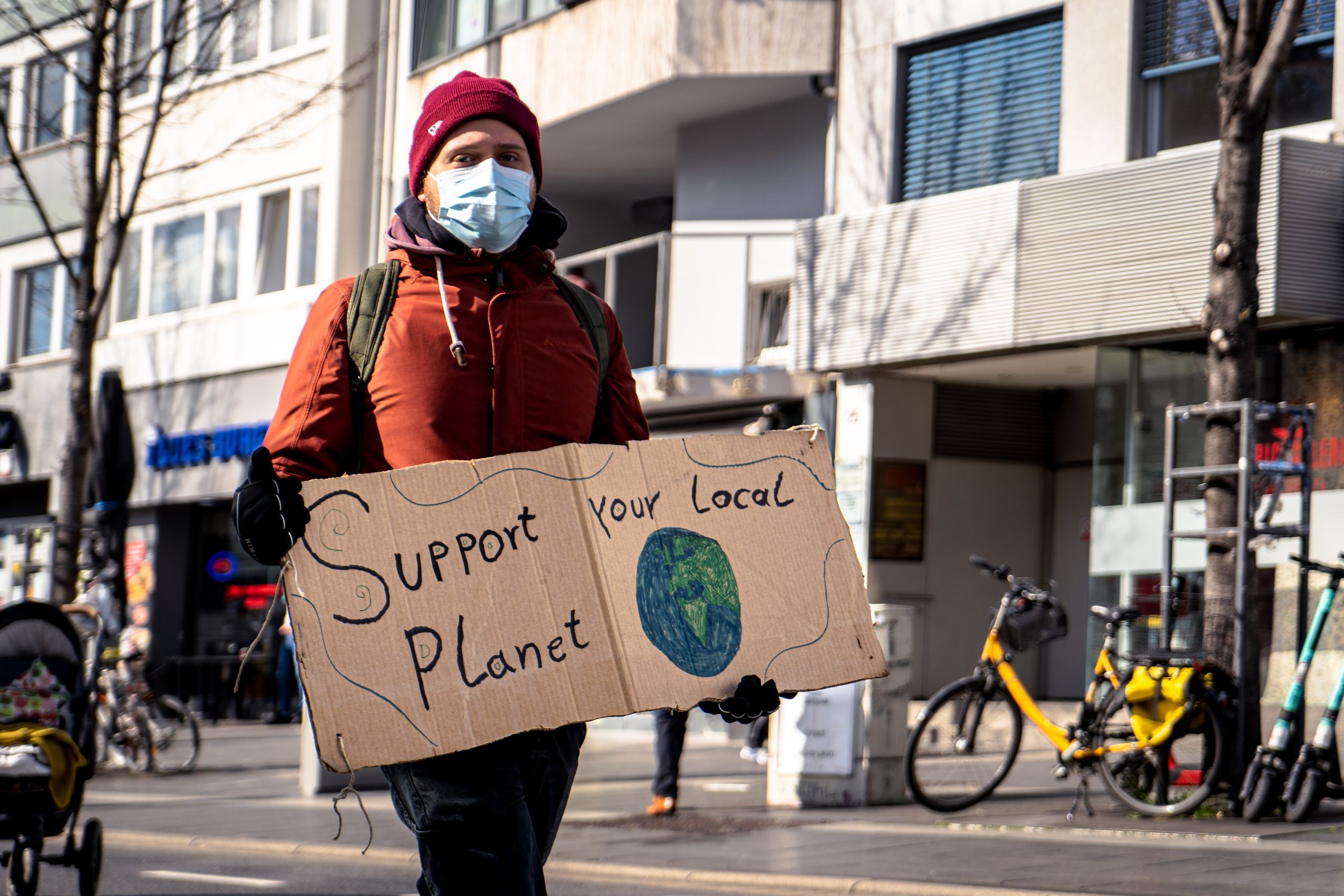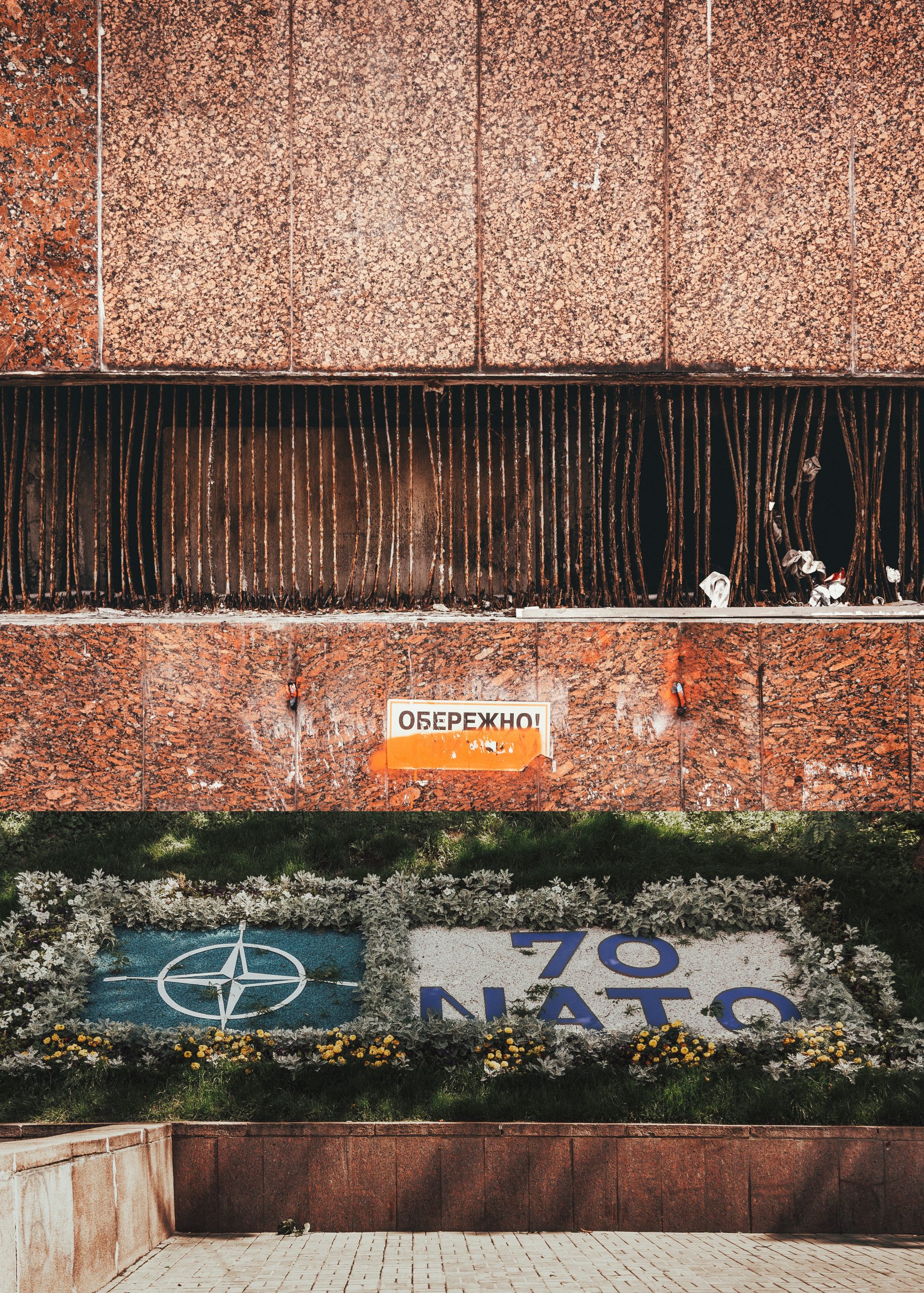As citizens, we often hear about new policies being implemented by the government or other organizations. But have you ever wondered about the process behind the scenes? How are policies actually created and put into action?
To shed light on this topic, we spoke with an insider who has worked on policy-making at the federal level for over a decade. This individual, who asked to remain anonymous due to the sensitive nature of their work, provided us with a glimpse into the complex and sometimes convoluted process of crafting policies that affect millions of people.
The policy-making process typically begins with an issue or problem that needs to be addressed. This could be anything from a public health crisis to an economic challenge to a social justice concern. Once the issue is identified, a team of experts is assembled to gather data, conduct research, and analyze the problem from various angles. This team might include economists, scientists, academics, community leaders, and other stakeholders.
From there, the team will draft a policy proposal that outlines potential solutions to the problem. This proposal will go through multiple rounds of review, both internal and external, before being presented to decision-makers. Depending on the organization, this could involve presenting the proposal to a board of directors, a committee of elected officials, or a regulatory agency.
Once the proposal has been approved, it will be translated into a formal policy document that outlines the specifics of how the policy will be implemented. This document will need to be reviewed and approved by multiple levels of leadership, from mid-level managers to executive directors.
But even after a policy has been officially adopted, the work is far from over. Implementation can be a complex and messy process, with unexpected challenges and setbacks. There may be resistance from stakeholders who disagree with the policy or fear that it will negatively impact their interests. There may be unforeseen logistical hurdles that need to be overcome.
Despite these challenges, the insider we spoke with emphasized the importance of policy-making as a tool for effecting positive change. “It’s a messy process, but it’s also incredibly rewarding when you see policies that you’ve helped create actually making a difference in people’s lives,” they said.
As citizens, it’s important to have a basic understanding of how policies are created and implemented, as they can have a profound impact on our lives. By shining a light on the behind-the-scenes process of policy-making, we can gain a deeper appreciation for the hard work and dedication that goes into creating the policies that shape our society.










